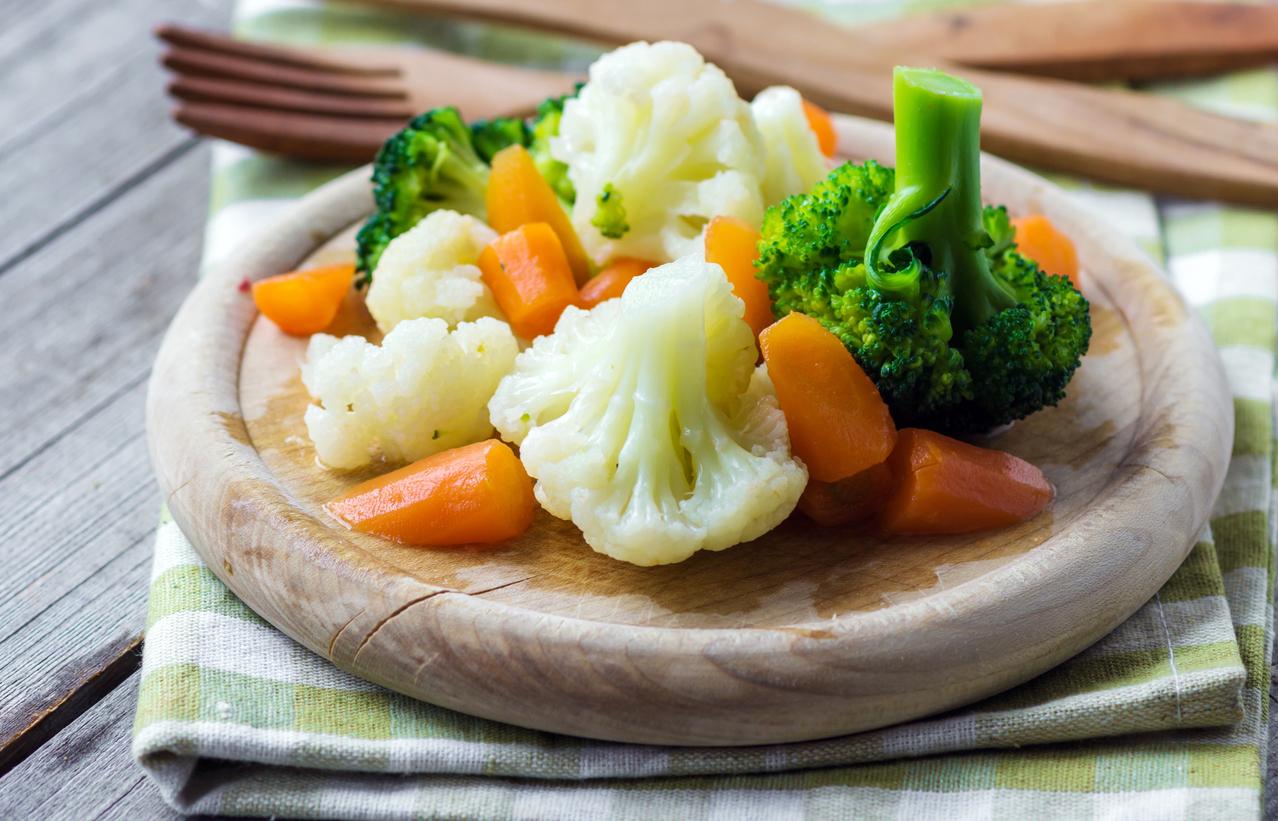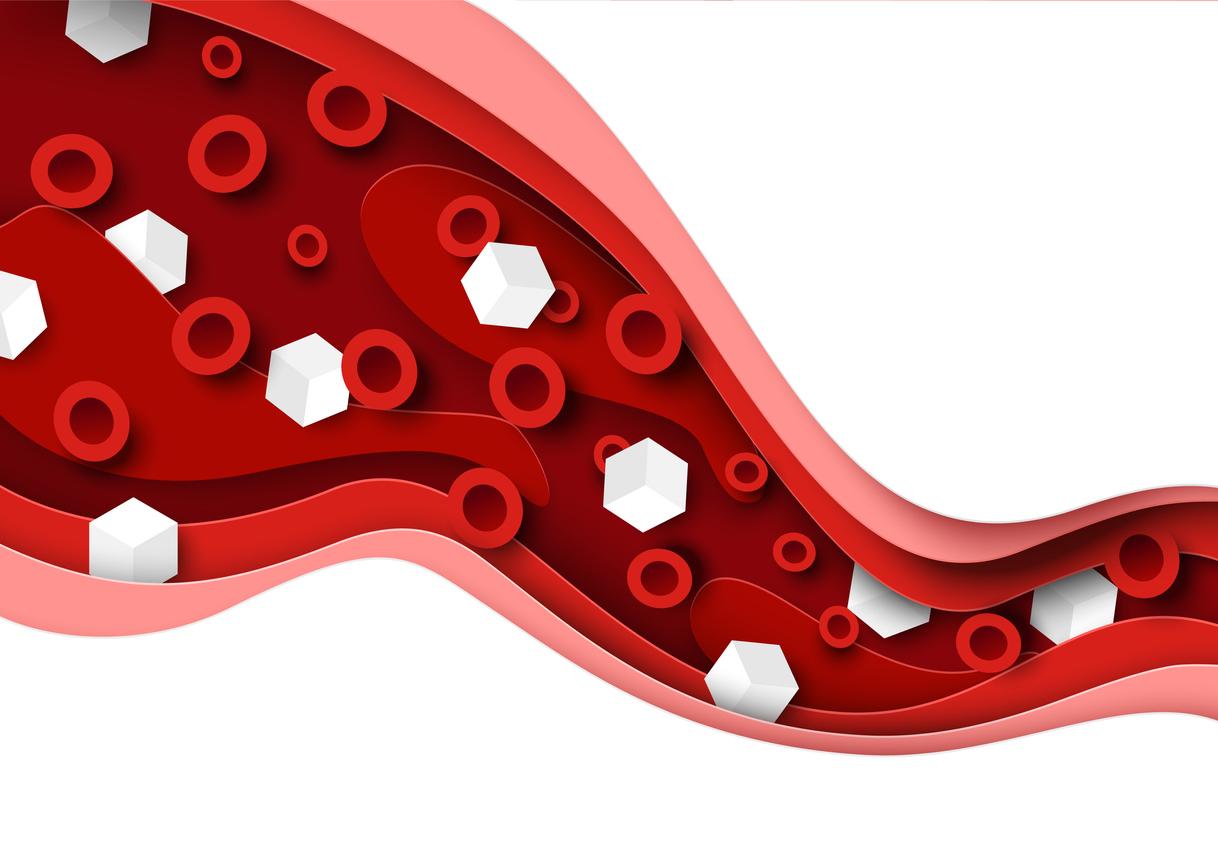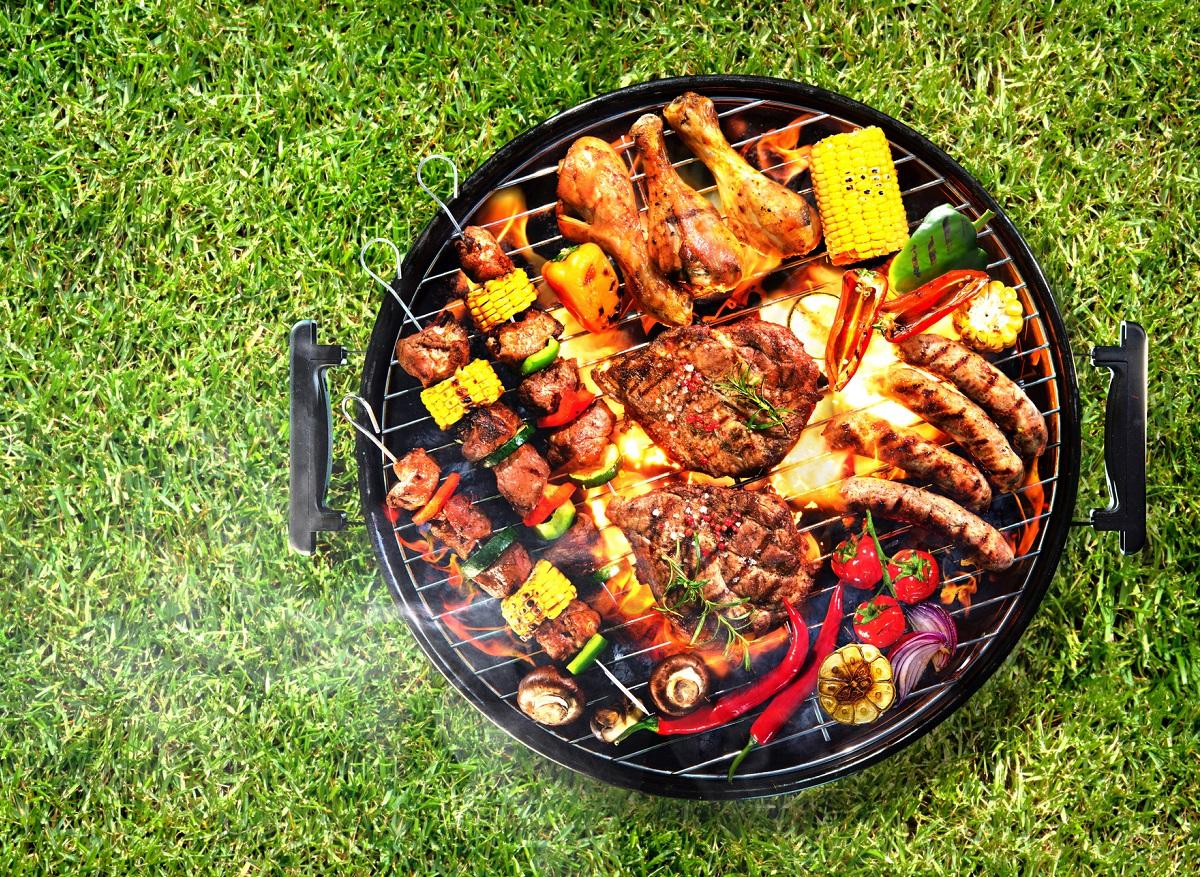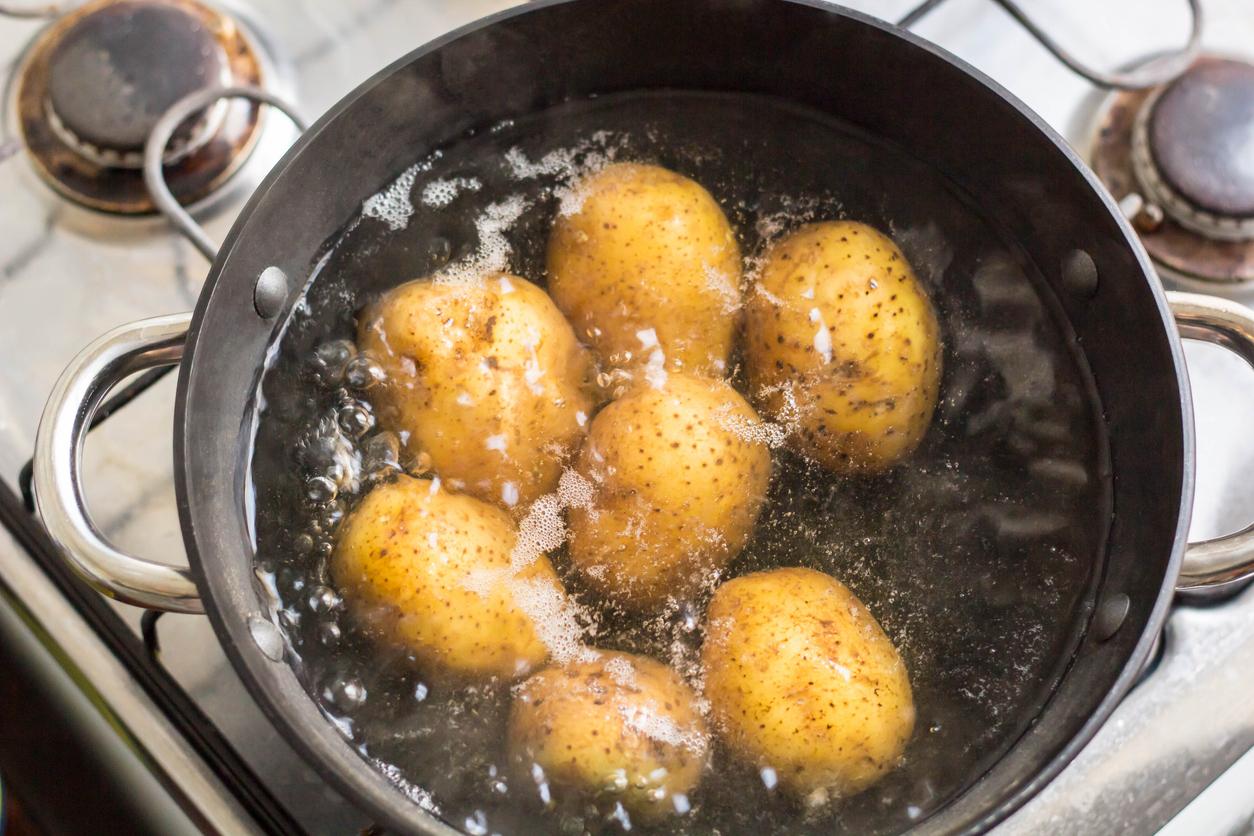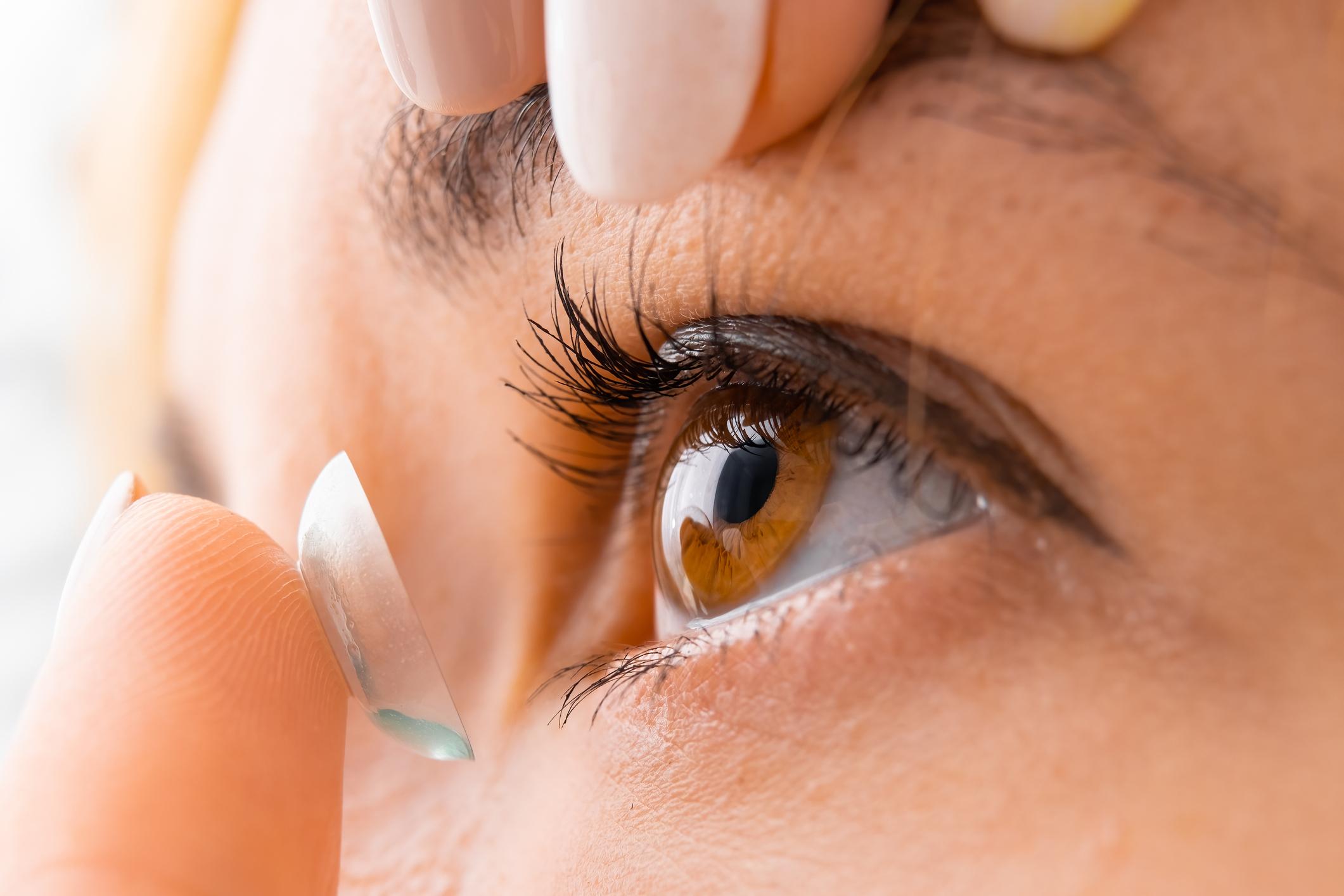Lhigh blood pressure (HTA) is the most common chronic disease in France. It involves a pressure greater than 140/90 mmHg (i.e. 14/9). Around one in three adults suffer from it, half of them without knowing it.
“Blood pressure is the physical result of the ejection of blood by the heart into the blood vessels. It is exerted on the vascular walls“, describes Inserm. We speak of hypertension in the event of abnormally high blood pressure in the blood vessels.
This phenomenon, often asymptomatic, is often detected late. The problem: ultimately hypertension can contribute to myocardial infarction and other cardiovascular disorders.
If age and heredity play an important role in the occurrence of this chronic disease, your lifestyle will also have a big impact. In addition to reducing your consumption of saltit is also essential to limit fats, processed foods and certain drinks. Raphaël Gruman, nutritionistalso warns us against an aromatic herb, likely to increase tension.
Avoid thyme in case of hypertension
THE spices and aromatic herbs are an excellent choice in the kitchen. Packed with antioxidants and vitamins, they are recommended to replace salt. The latter must, on the contrary, be limited, because it is likely to stiffen the arteries and promote hypertension.
Be careful, however, of false friends. Certain plants and herbs are hypotensive because of some of their active ingredients.
This is the case of thyme. Herb of Provence widely used in particular in Provençal and rural cuisine, “ it must be limited if you have hypertension because it has a hypertensive effect », explains Raphaël Gruman.
The nutritionist also warns us about ginseng, a perennial plant which belongs to the genus Panax of the Araliaceae family. According to some research, ginseng may interfere with blood pressure medications in hypertensive patients.
This selection is not exhaustive. Although plants have many health benefits, some should be consumed with caution in cases of hypertension. Several of them can cause an increase in blood pressure and be conducive to arrhythmia. These plants should therefore be avoided in any form: essential oils, herbal teas, food supplements, etc.










